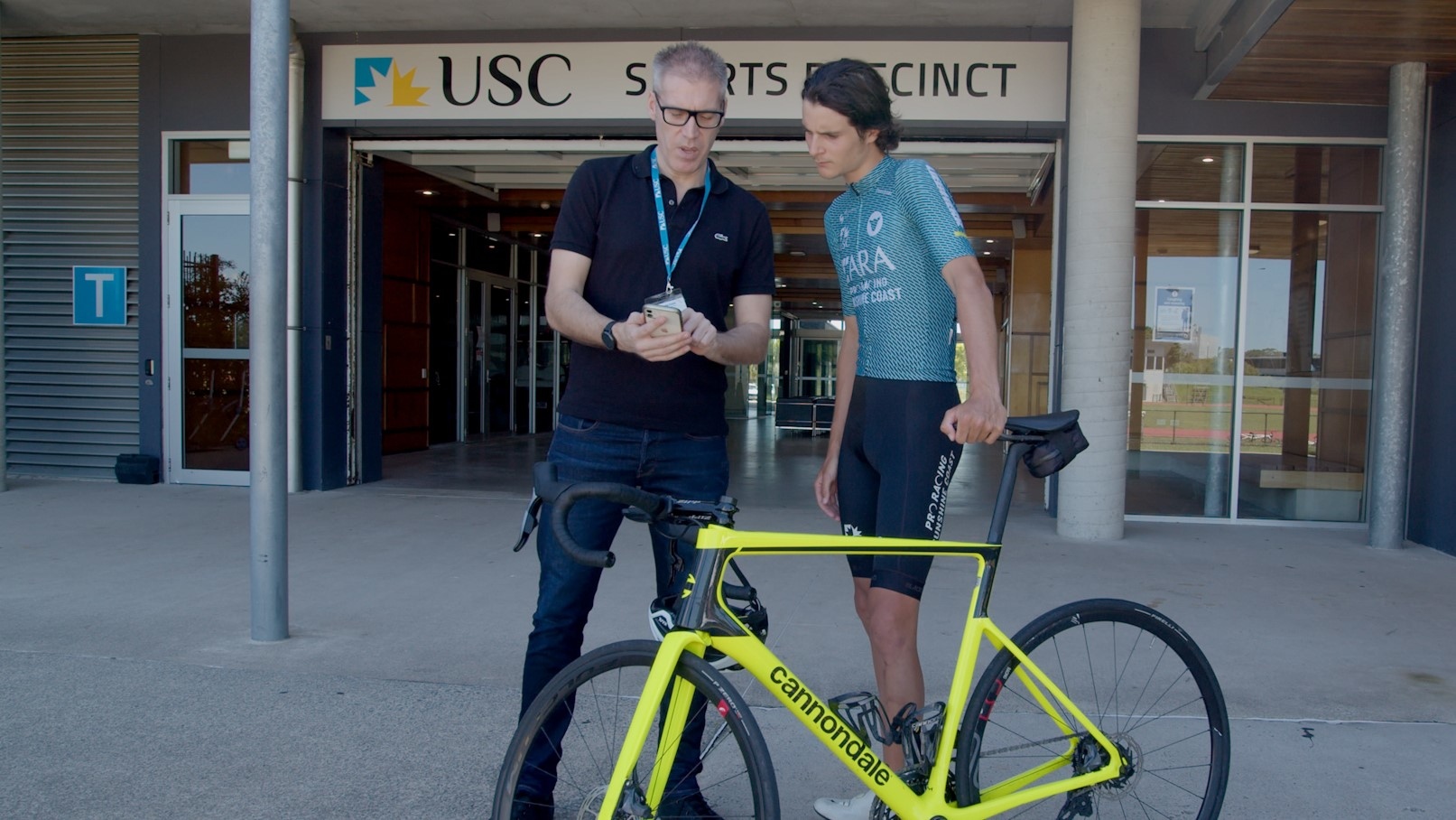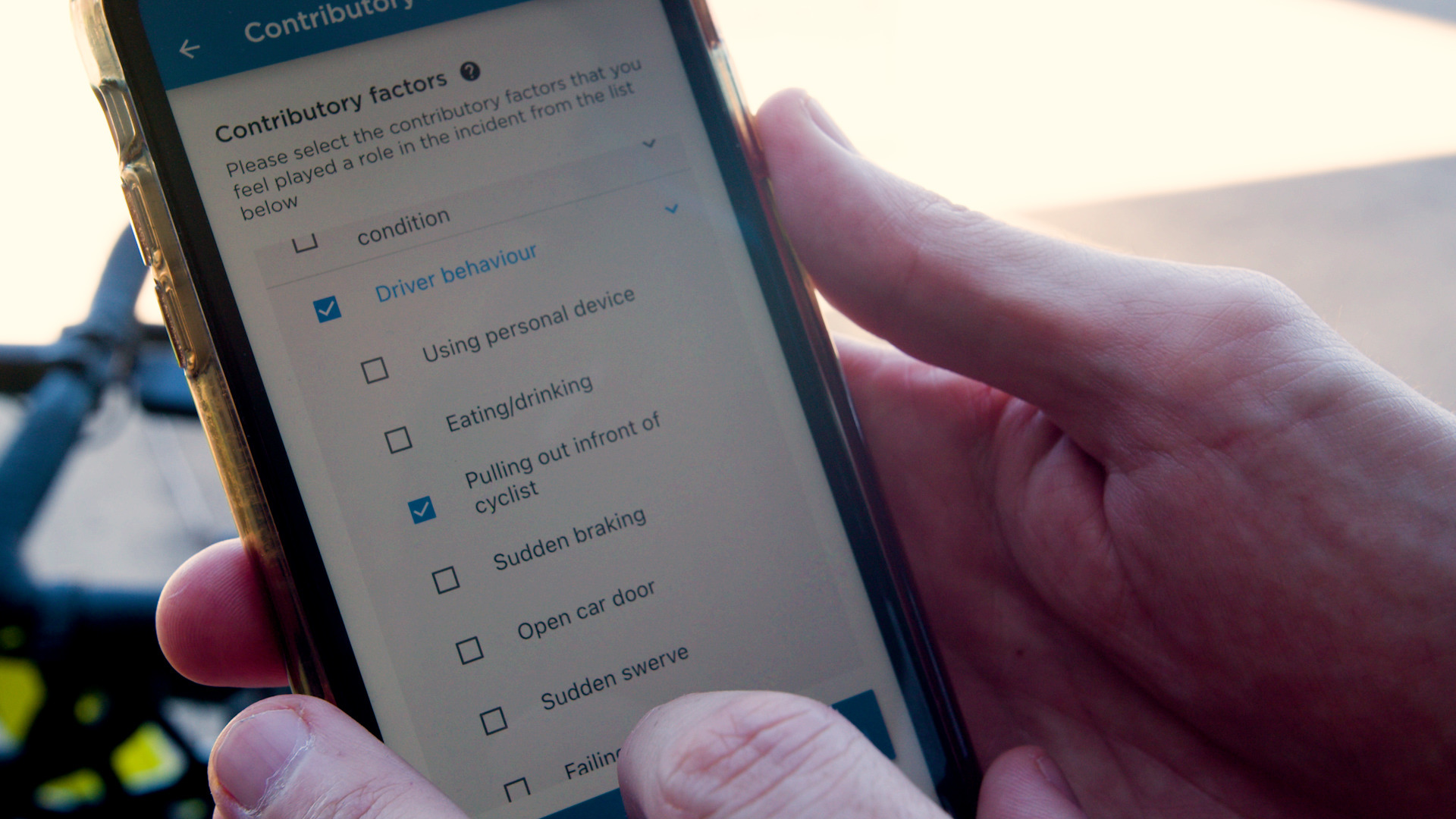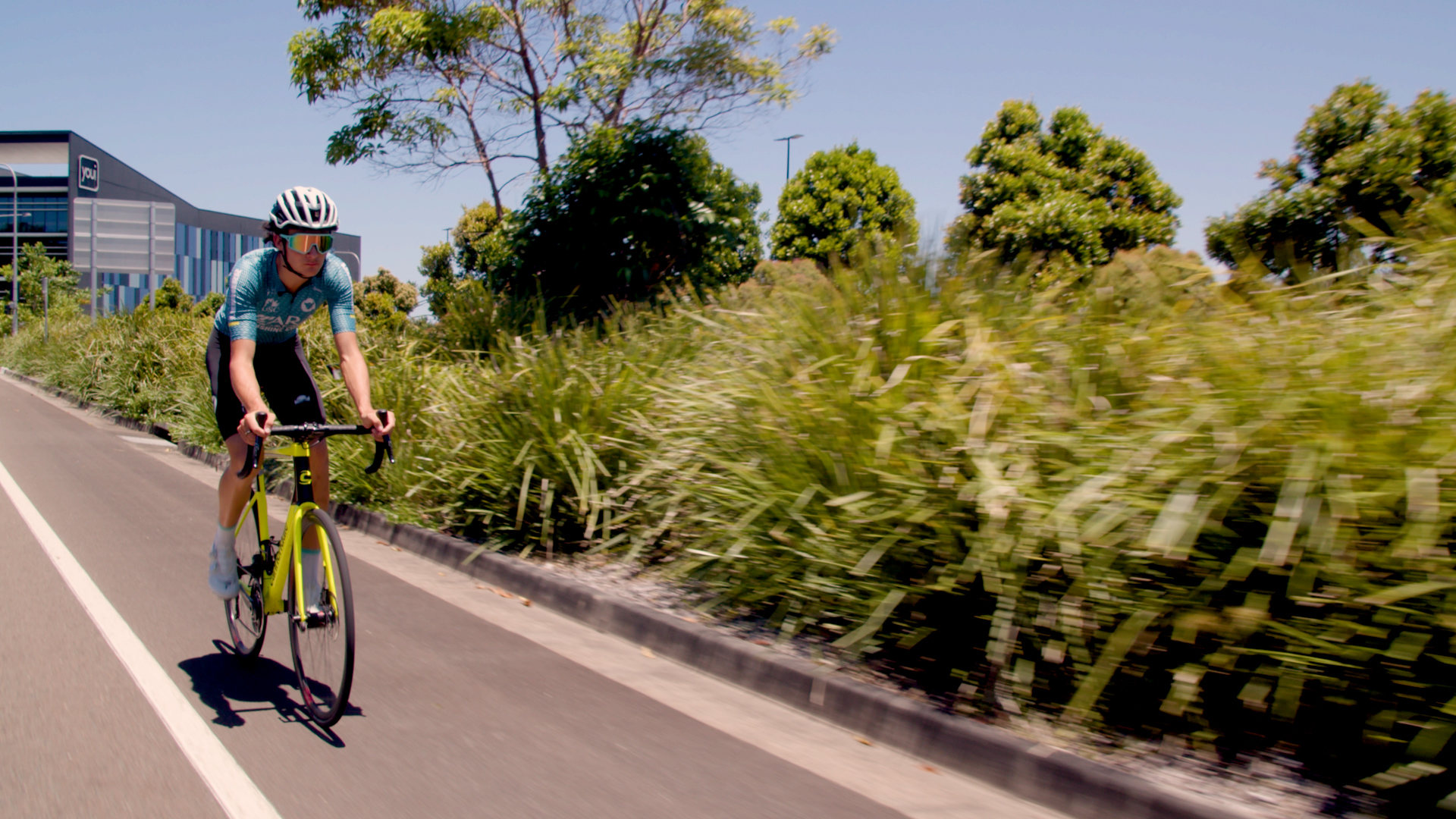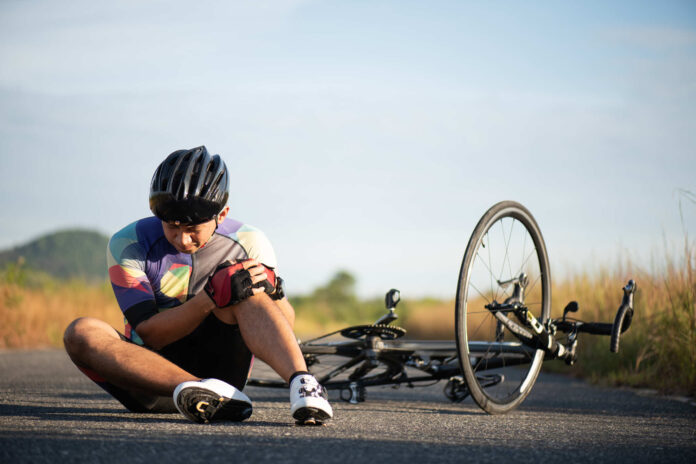A new report from the University of the Sunshine Coast has shed light on the biggest risks facing cyclists.
It’s the culmination of 12 months of data collected by the Cyclist Reporting of Incidents Tool (CRIT), an app developed by UniSC to gather information about crashes and near misses as reported by cyclists.
Lead author of the report Dr Jolene Cox said the data painted a complex picture.
“There were close to 50 distinct factors reported by cyclists to have contributed to their crashes and close to 100 distinct factors reported to have contributed to their near misses,” she said via a UniSC media release.
“The number and variety of contributory factors reported is concerning.
“It really makes you reconsider what we know about cyclist safety and how we can make cycling safer for everyone.”

The most commonly reported contributing factors to crashes and near misses were drivers pulling out in front of cyclists, driver non-compliance with road rules and driver failure to give way.
But Professor Paul Salmon said this only told half the story.
Cyclists pointed to a wide variety of causal factors, from poor infrastructure to lack of maintenance, and, in some cases, even placed the blame on themselves.
“A key takeaway then is that there is no such thing as the ‘war’ between drivers and cyclists,” he said.
“Rather, what is actually happening is that drivers and cyclists are expected to interact safely with one another in a poorly designed system that does not support such interactions.
“As well as identifying factors relating to driver behaviour and the road environment, cyclists also reported instances where their own behaviour played a role in crashes and near misses.
“For example, reported contributory factors included cyclist situation awareness, route familiarity, handling skills, fatigue, distraction and speed.”

Professor Salmon is encouraged by the early success of CRIT and said it’s already gone a long way to addressing some of the knowledge gaps in our transport system.
“There are currently very few mechanisms for cyclists to report their crashes and near misses,” he said.
“This leaves a big hole and means that policy decisions are not made with a full picture of what is happening on the road.
“With the CRIT trial, we have shown that cyclists are willing and able to report their crashes and near misses, and that the data reported is extremely powerful and gives us new insights into crash causation.”

Dr Cox believed CRIT had already demonstrated its potential as a policy tool and there was scope to expand it beyond cyclists.
“I would like to see the CRIT app routinely used by cyclists all around Australia,” she said.
“Building a comprehensive dataset on cycling incidents will enable us to identify trends in incident causation and inform incident prevention strategies.
“With the success we have seen with the CRIT app so far, it would be most sensible to develop similar incident reporting systems for other vulnerable road user groups.”
Subscribe to our FREE daily news feed. All it requires is your name and email at the bottom of this article.





